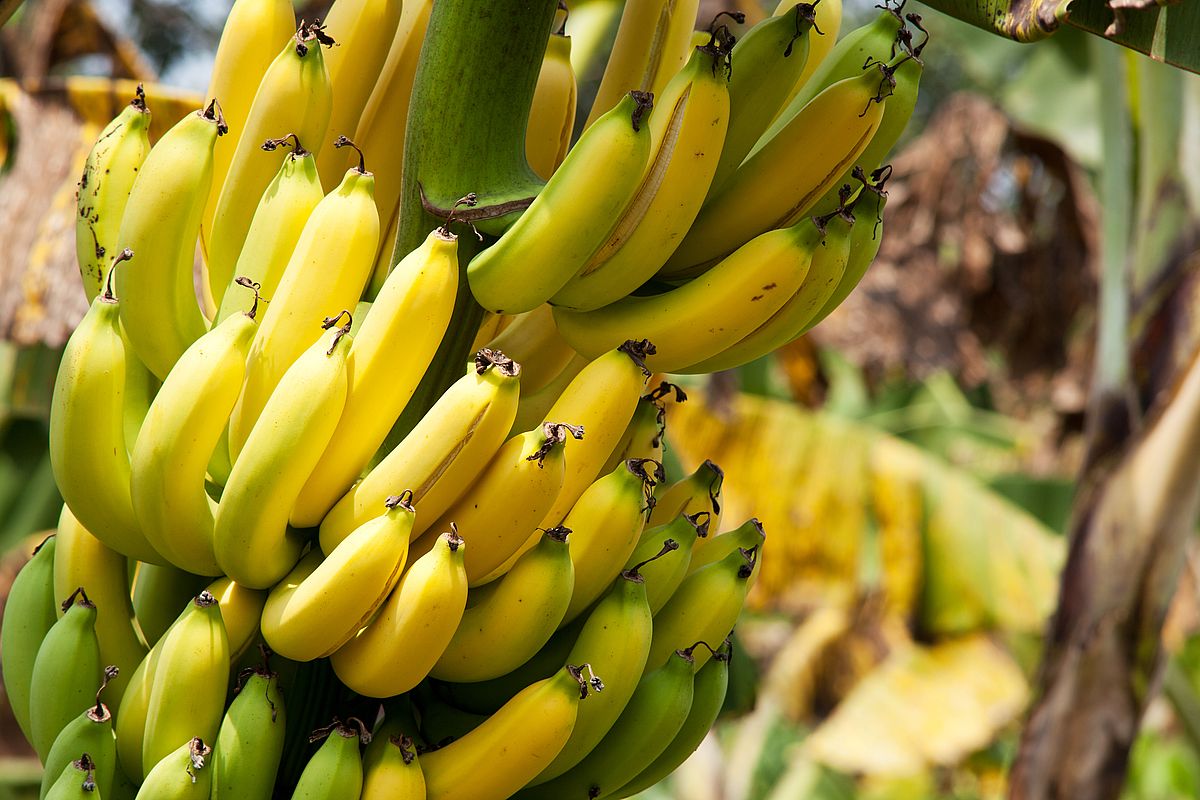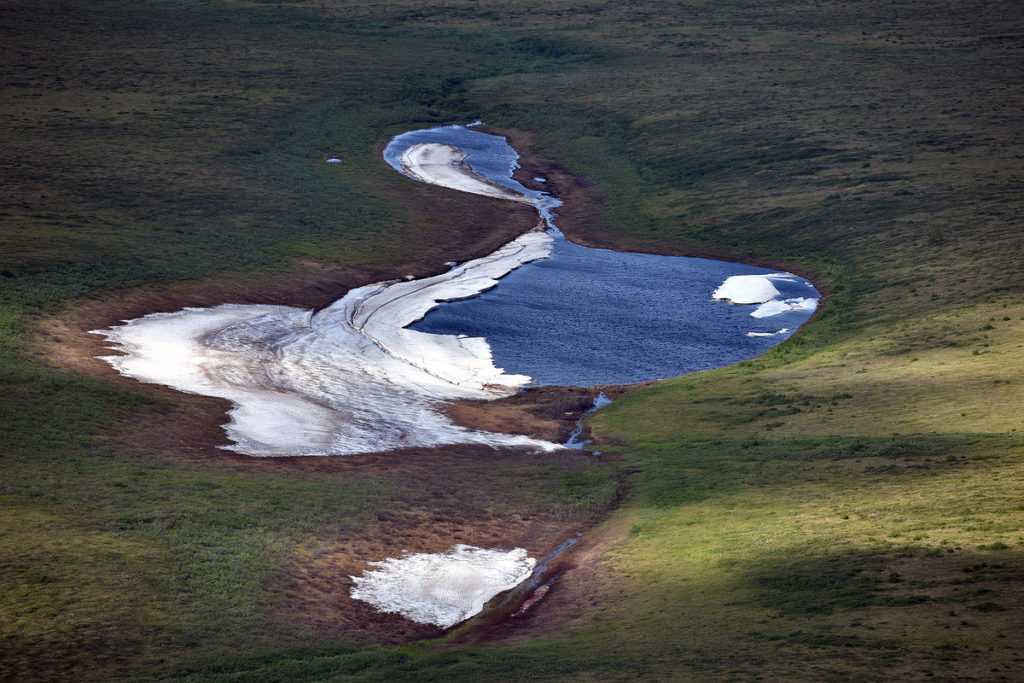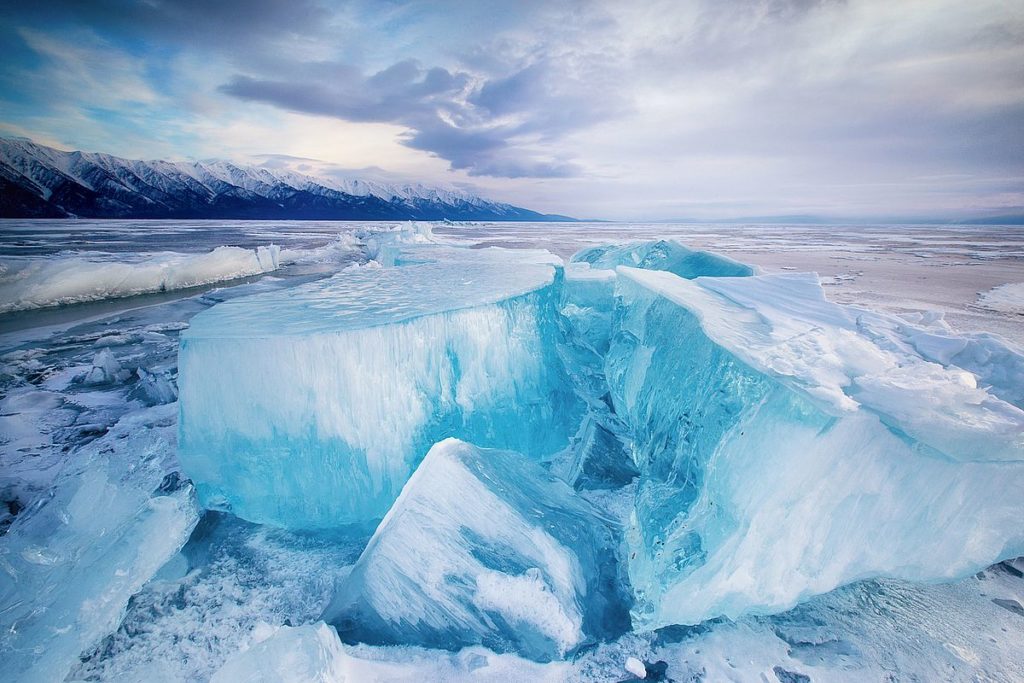#ARCTIC. #SIBERIA. THIS IS TAIMYR. “The problems are not about the Arctic, but about the society that lives in the Arctic and works more actively. The climate is changing – we are watching warming, ice melting. But the temperature, as well as the amount of ice, varies non-linearly. It is doubtful that we will reach the point where bananas can be grown in the open field in the Arctic in the next few decades. But a noticeable part of the multi-year ice will be lost, and first-year ice will remain. The zone of icebergs and hummocks will increase, which will have to be crossed or bypassed,” said the Arctic and Antarctic Research Institute head, doctor of geographical sciences Alexander Makarov.
He clarified that scientists’ task is to collect and analyze current data to understand where we are moving. Perhaps the transformation will be cardinal and over time the planet will completely change its appearance:
“There is an opinion that changes are cyclical. The main question here is how big this cycle is: 60 years or 2000. So far, there is no firm answer to this question”.
The Institute of Global Climate and Ecology named after academician Israel’s director, the Russian Academy of Sciences’s corresponding member Anna Romanovskaya noted that warming is more noticeable in the Far North due to the peculiarities of the general atmospheric circulation: the poles are warming most intensively.
“In addition, it should be borne in mind that the land on the planet is heating up faster than the ocean surface. And the land area in the northern hemisphere is larger than in the southern one, which means that the average annual temperatures increase rate is higher there. Therefore, the warming is most pronounced in the region of the Northern Polar Region, the Arctic zone”, she specified.
According to the Intergovernmental Panel on Climate Change, if humanity does not make any efforts to combat warming and continues to live the same way as it does now, it is likely that in some years in September, starting from the middle of this century, the Arctic will be practically free of ice, Anna Romanovskaya added.
“It is clear that in winter there will always be ice in the Arctic seas. We are talking about the loss of multi-year ice,” she said.
As for animals, the institute conducts research on changing the ranges of some arthropods that carry the so-called vector-borne diseases. For example, scientists have already recorded that the range of the malarial mosquito, the European forest tick – a carrier of tick-borne encephalitis, borreliosis, tularemia, mosquitoes – carriers of West Nile fever viruses and other exotic for Russia and dangerous diseases of humans and animals is expanding.
As temperatures rise, some agricultural pests, such as locusts, may begin to move northward. All these are significant climate risks that need to be taken into account by medical and veterinary services, Anna Romanovskaya specified.
Earlier, we wrote that a temperature record was officially registered beyond the Arctic Circle, the Arctic seas are able to effectively reduce the carbon dioxide content in the atmosphere, a Luxembourg size hole was found in the oldest glacier, and global warming activates viruses in the Arctic.
We also said that Russian scientists have grown melons and watermelons in the Arctic.
Follow us on Telegram, Instagram , Facebook and Twitter.
Text: Ekaterina Maksimova, Photo: Nikolay Shchipko and istockphoto.com








